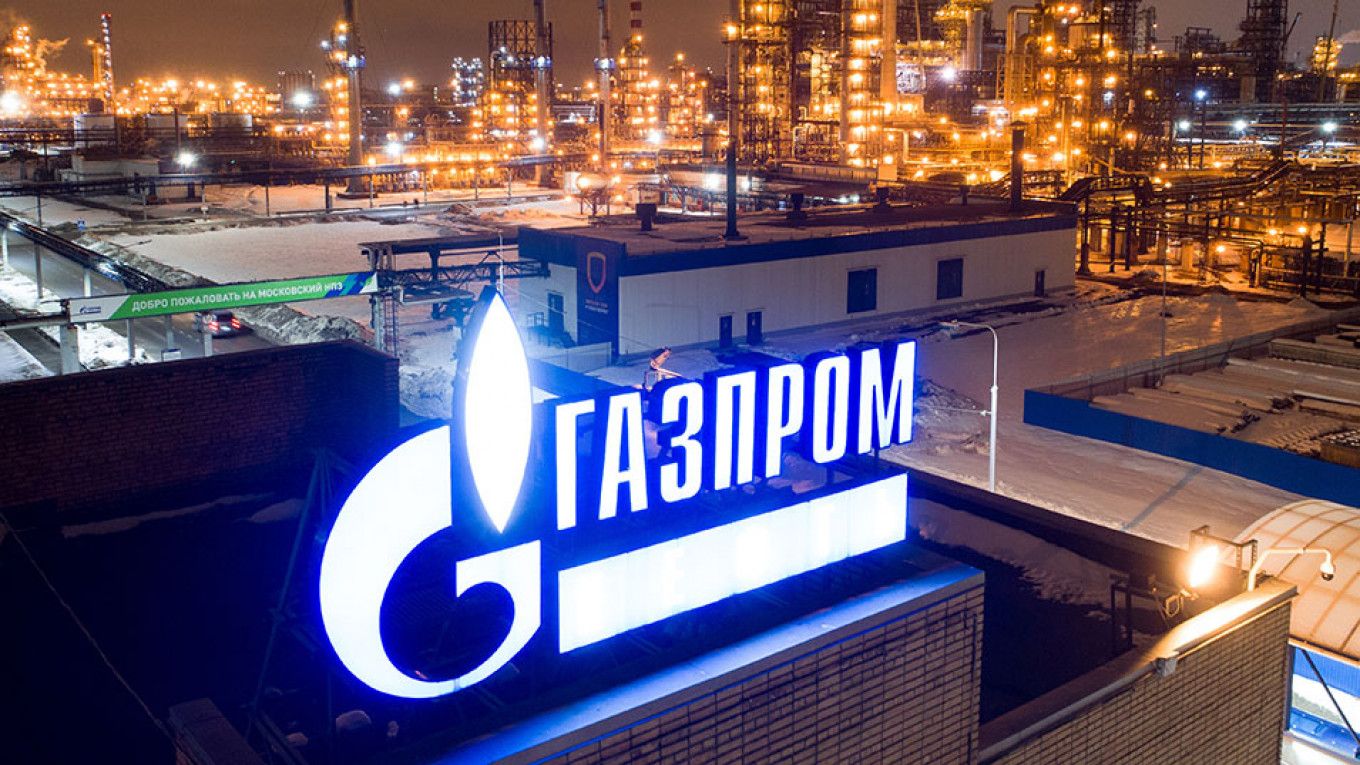FXOpen

It would be not be hard to gauge who would like to see the back of 2021 more; traders or consumers of energy-related commodities.
Quite clearly, with a year that began with oil shortages across Europe and the United States which caused a price rush from almost zero (and occasionally below zero!) in 2020 to a massive $75 per barrel in the final quarter of 2022, oil traders, especially those who had taken a bet on oil futures with a third-quarter expiration date, had been enjoying a year of volatile markets that were far in excess of previous years.
However, as is the case with volatile markets that relate to one specific asset class, the interesting opportunities presented to oil traders were likely to have been viewed very much the opposite way by energy consumers.
In Britain and parts of Europe, the cost of domestic energy rose to in some cases unaffordable levels, and demand for oil arrived at its highest level for many years. Suddenly, as if the rising oil costs were not debilitating enough for businesses such as the logistics and manufacturing industries that need to use oil-derived fuels, gas began to rise too.
As many private energy firms declared insolvency in the United Kingdom during the third quarter of 2021 largely because they were unable to pass on the cost of operation and raw material purchase to retail customers, gas suppliers began to rake in the cash.
Gazprom, one of the world's largest suppliers of oil and gas, has begun the year 2022 by announcing the enormous dividend that it has collected due to the energy crisis that empowered the stock market whilst disabling businesses and creating a cash-strapped domestic life for residents of many Western countries.
The Russian energy giant has announced that it has amassed an enormous $242 million from its London-based trading business, which bets on the movements of gas and power prices.
As with all commodities trading, there is a buy side and a sell side, and one benefits from the cost applied to the other. In this case, Gazprom saw the opportunities and cashed in on them, and actually stated this in its public which notes that Gazprom Marketing & Trading Ltd, the company's London-based business which trades the energy commodities markets had observed that the downturn in energy demand during the period of lockdowns and restrictions across Europe had 'provided opportunities' to take advantage of the 'highly volatile market conditions'.
Gazprom, which is state owned, has been accused by many commenters in Europe of causing the energy crunch by restricting gas exports, however this is quite simply not the case as Russia had been opening more pipelines to its major export regions to cope with the extra demand.
In this case, it is purely an example of shrewd trading during a time of market volatility and opportunity.
This article represents the opinion of the Companies operating under the FXOpen brand only. It is not to be construed as an offer, solicitation, or recommendation with respect to products and services provided by the Companies operating under the FXOpen brand, nor is it to be considered financial advice.
Stay ahead of the market!
Subscribe now to our mailing list and receive the latest market news and insights delivered directly to your inbox.








